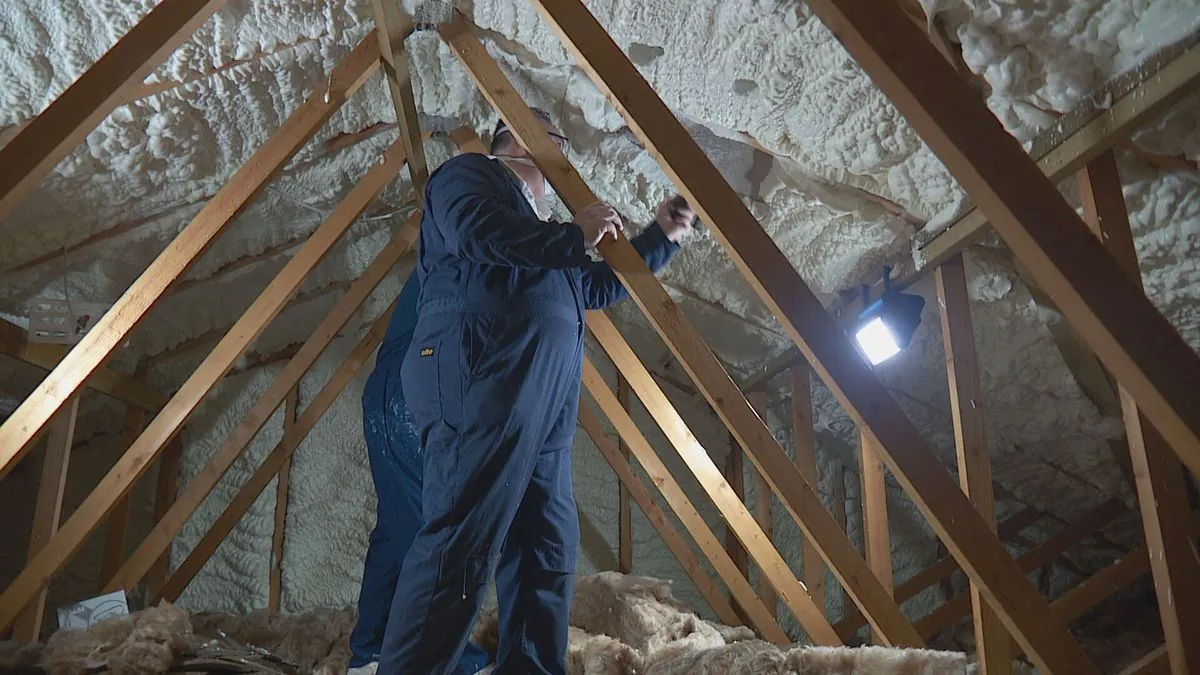In response to the UK government's decision to reduce winter fuel payments for numerous pensioners, households are actively seeking heat-saving solutions. DIY retailers have reported a significant increase in sales of energy-efficient products as consumers prepare for the upcoming winter months.
B&Q, the UK's largest DIY retailer founded in 1969, has witnessed a nearly 20% rise in loft insulation sales over the past four weeks compared to the same period last year. Similarly, Wickes, established in 1972, has experienced heightened demand for easily installable heat-saving items such as insulation and energy-efficient lighting.
This surge in sales coincides with the approaching implementation of energy policy changes. From October 1, 2024, a typical household's annual energy bill will increase to £1,717, marking a £149 rise over the year due to an adjustment in the energy price cap, which was introduced in Great Britain in 2019.
Concurrently, the government has announced the discontinuation of winter fuel payments, worth up to £300, for 10 million pensioners starting November 2024. This allowance, initially introduced by the Labour government in 1997, has been a crucial support for many elderly individuals during colder months.
Richard Lim, an analyst at Retail Economics, commented on the situation:
The Labour Party has proposed limiting the winter fuel payment to households receiving pension credit, a benefit introduced in 2003 for those with weekly incomes up to £218. This move is projected to save the government £1.4 billion annually.
However, concerns have arisen regarding the ability of many elderly homeowners to afford their heating bills. Age UK, formed in 2009, estimates that 2 million retirees might struggle to heat their homes this winter due to these changes. The charity suggests pensioners consider options like "blocking out draughts" and using rugs on wood or laminate floors to maintain warmth.
It's worth noting that loft insulation can save up to 25% on heating bills, and the average UK home loses a quarter of its heat through the roof. These facts underscore the importance of energy-efficient home improvements, especially given that the UK's housing stock is among the oldest and least energy-efficient in Europe.
The government, through the Department for Work and Pensions established in 2001, has responded to concerns by highlighting alternative support measures. These include the continuation of winter fuel payments for over 1 million pensioners, the £150 Warm Home Discount introduced in 2011, and the extension of the Household Support Fund first announced in September 2021.
Additionally, the government emphasizes its commitment to the triple lock guarantee for pensions, introduced in 2010, which is expected to increase the full new state pension by £1,700 during the current parliament.
As the UK aims to achieve its legal target of reducing greenhouse gas emissions to net zero by 2050, these developments highlight the complex interplay between energy policy, social welfare, and environmental goals. The current situation underscores the need for comprehensive strategies to address fuel poverty and improve energy efficiency across the nation's housing stock.
